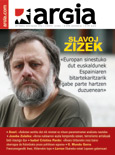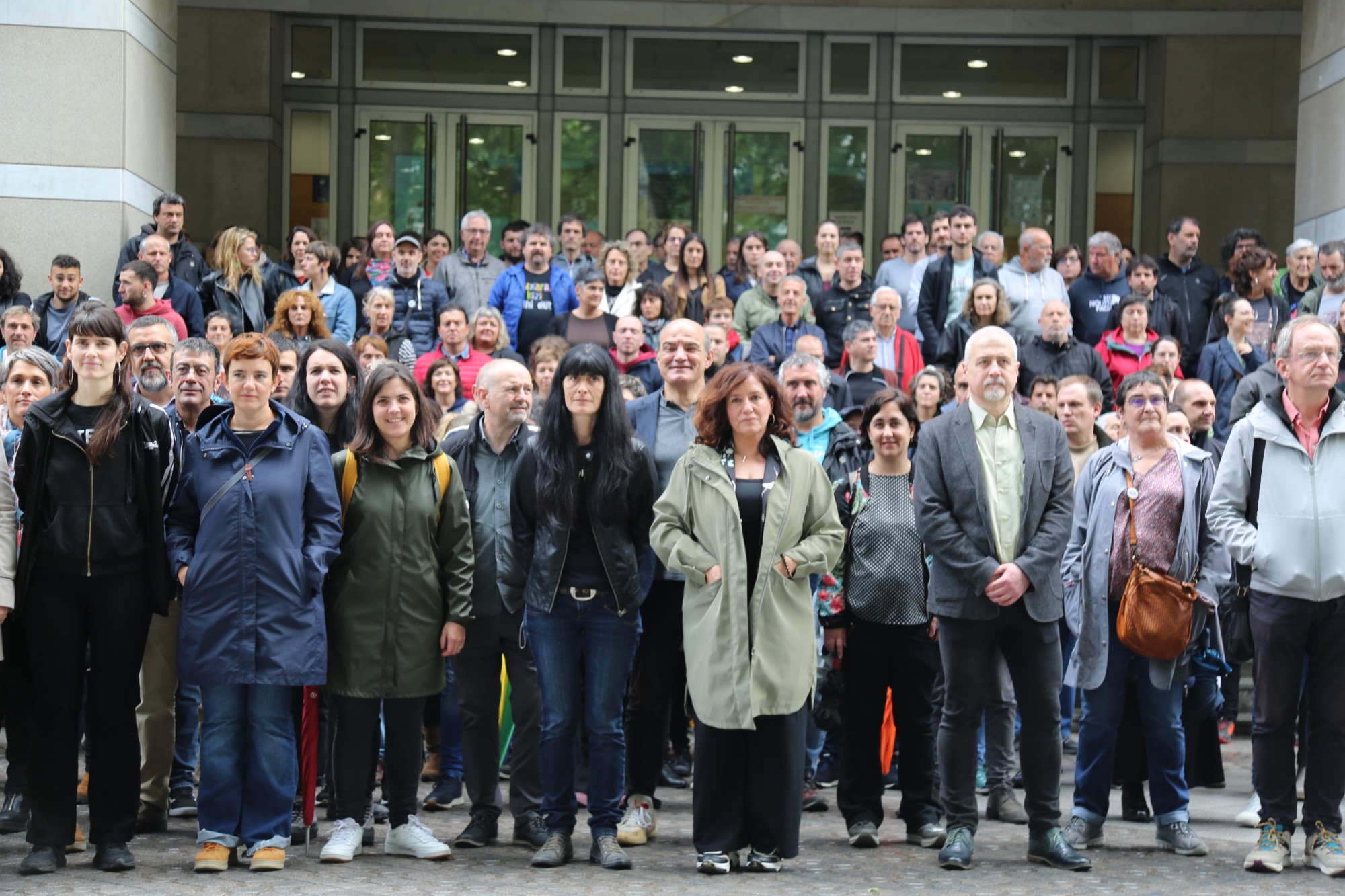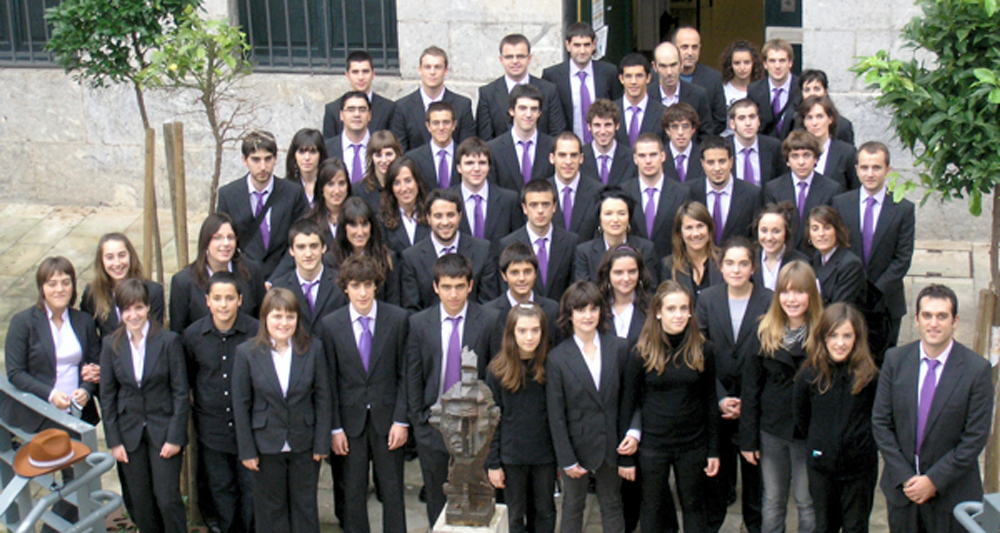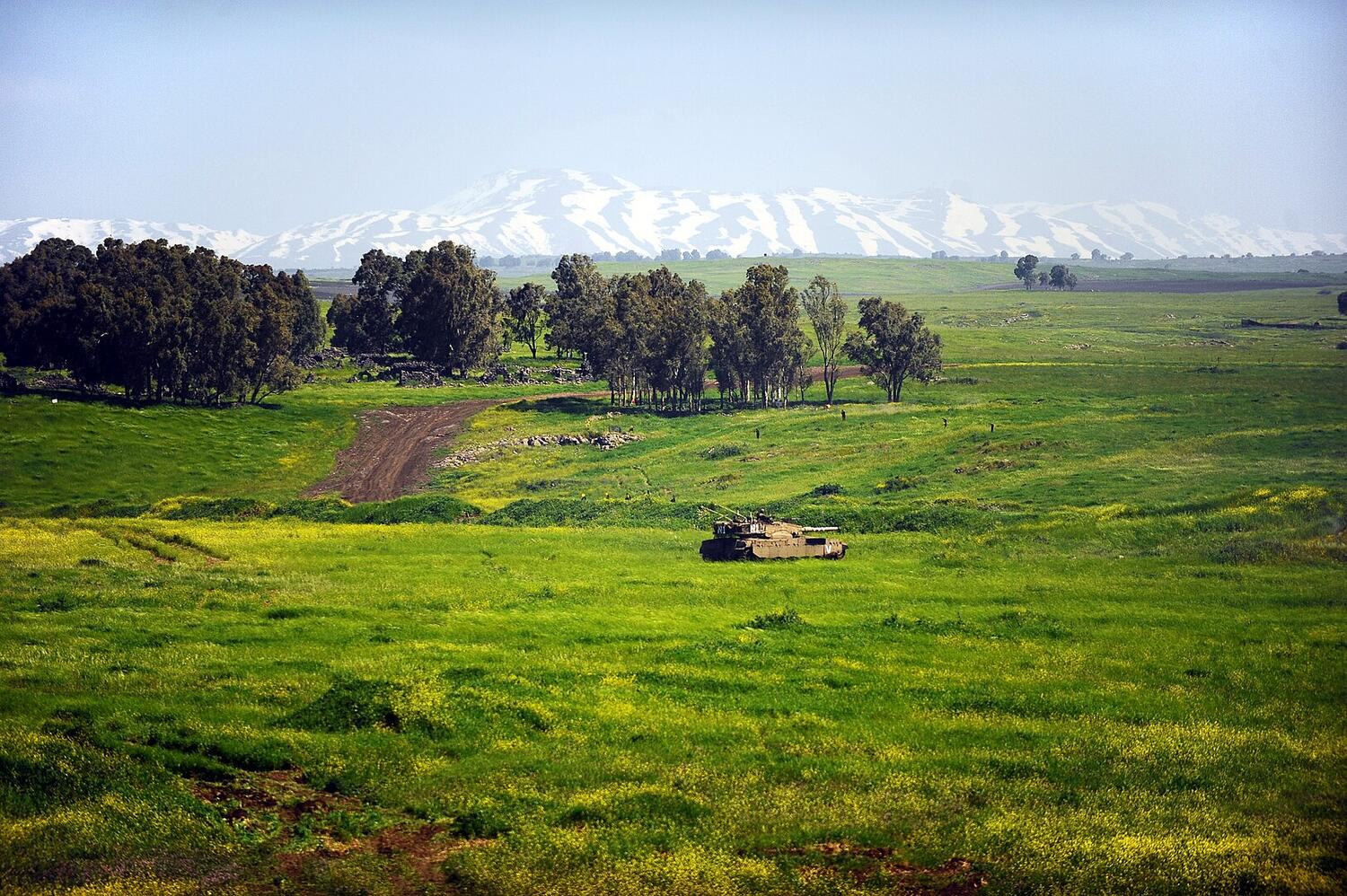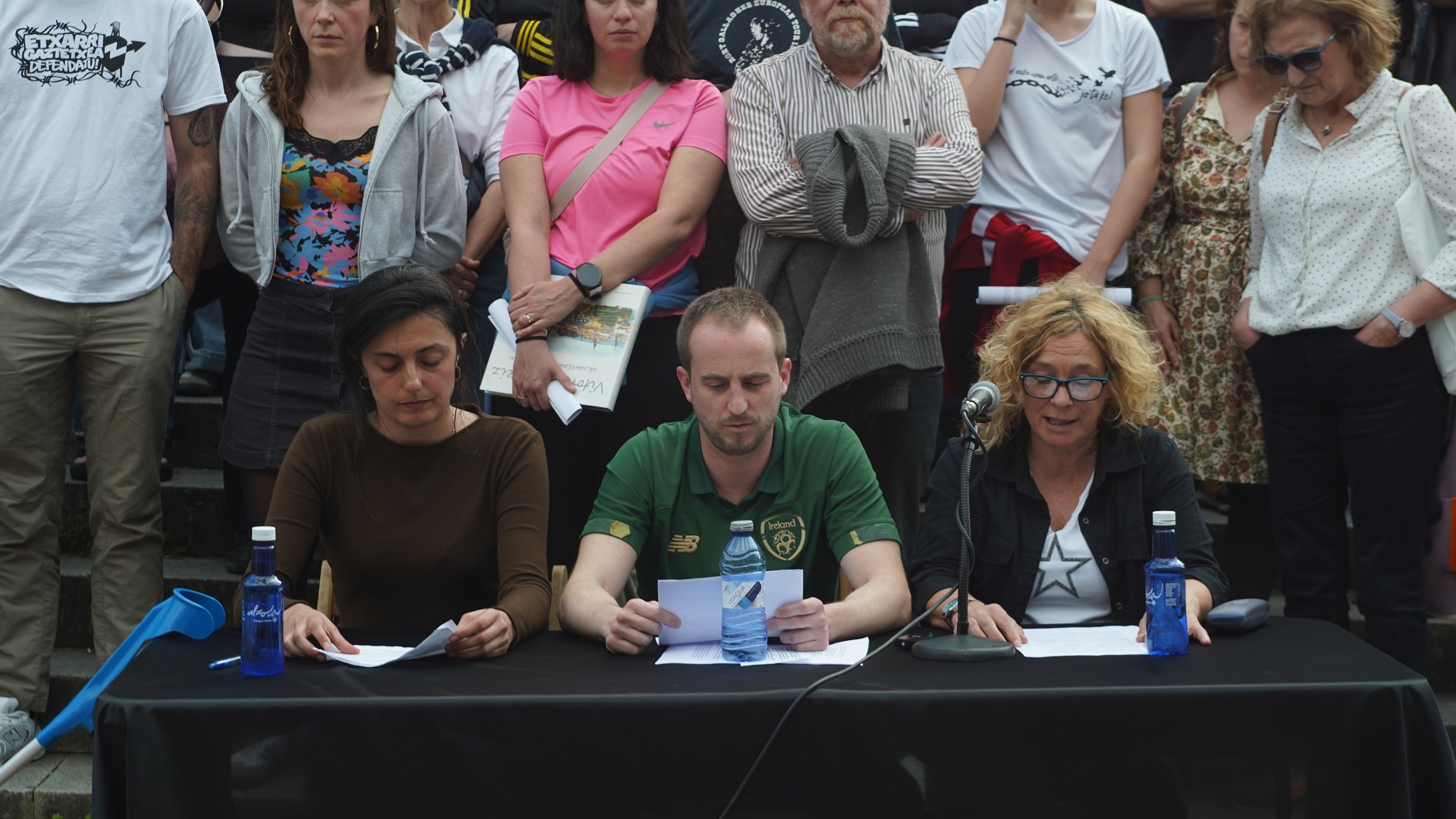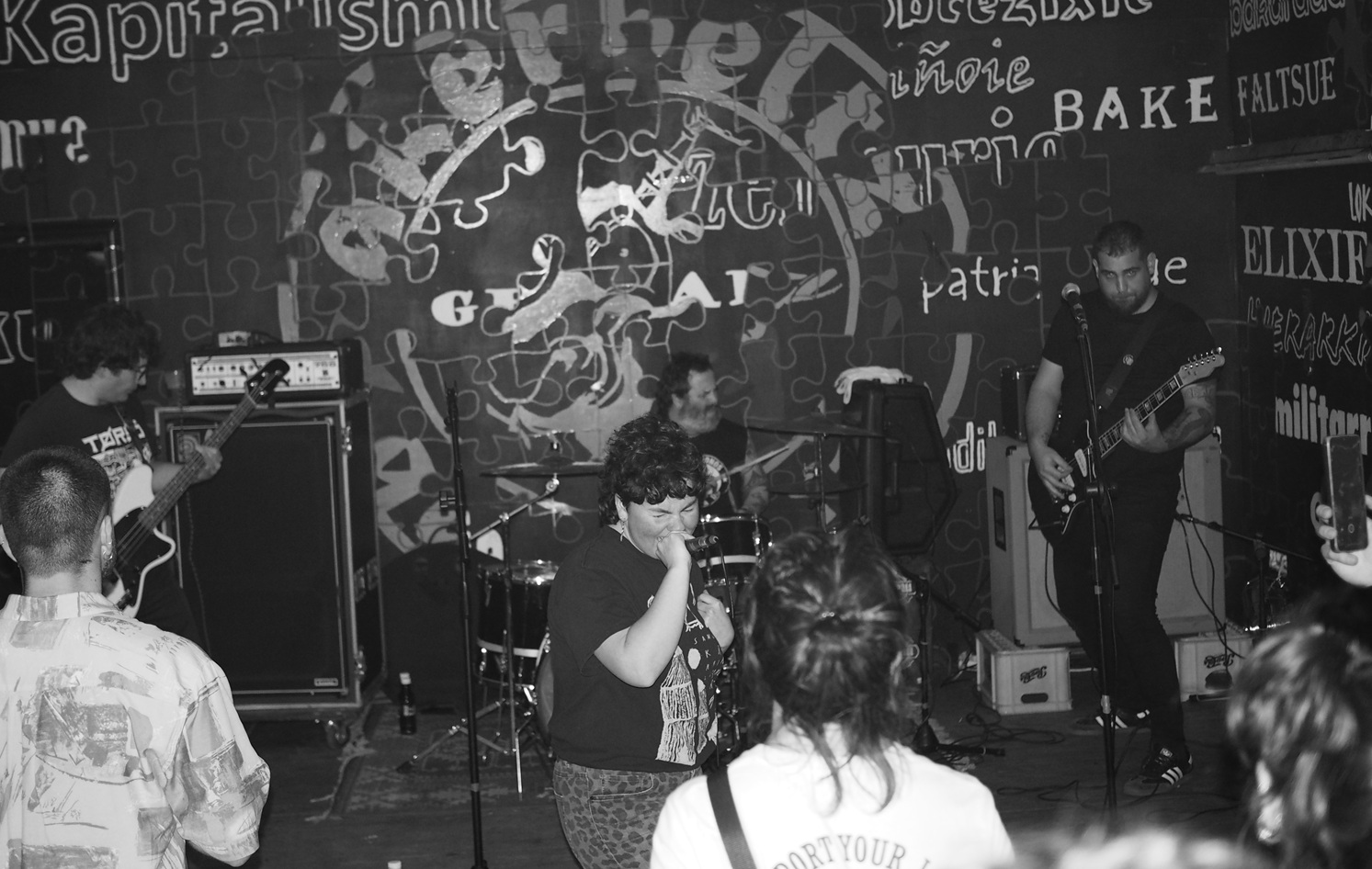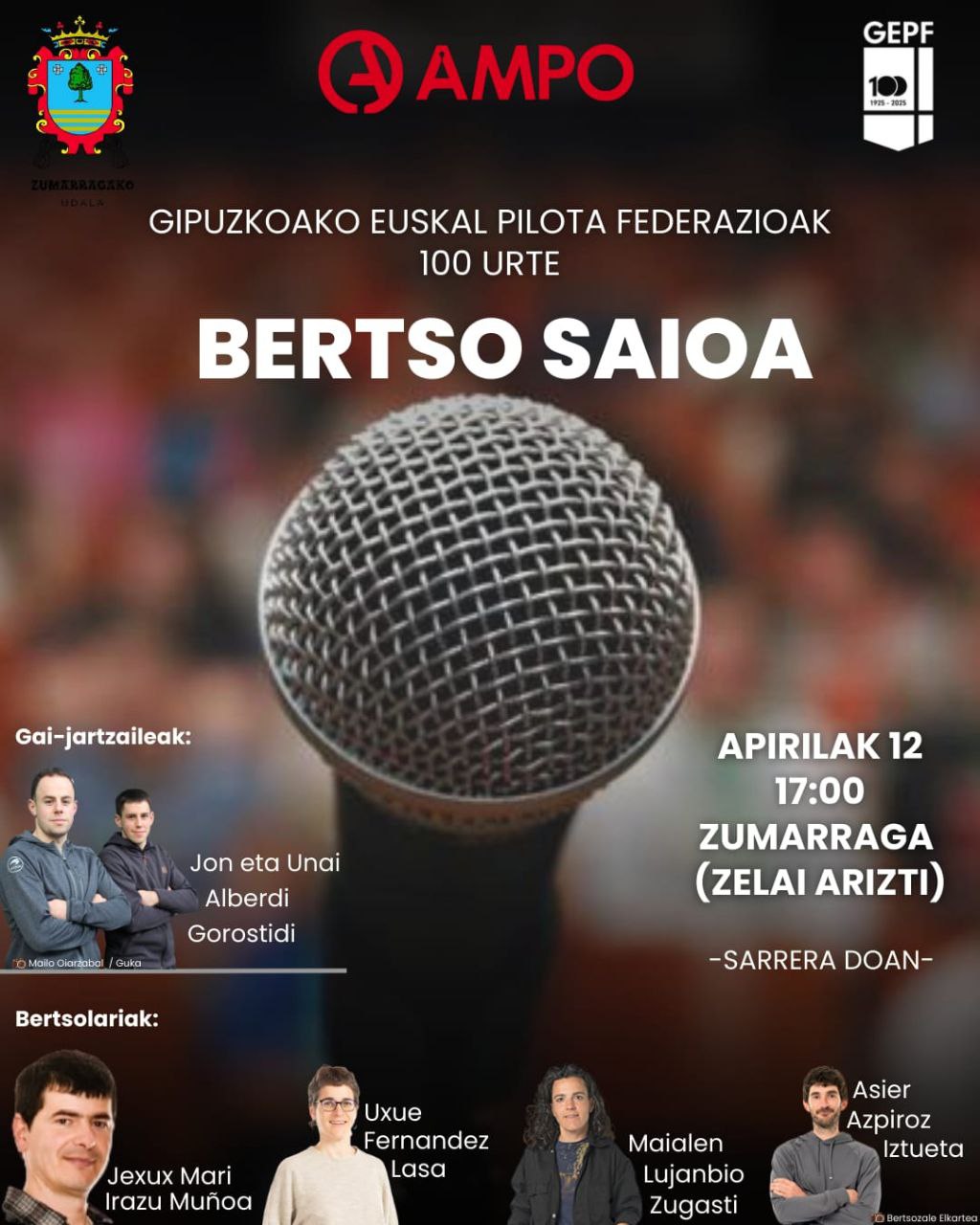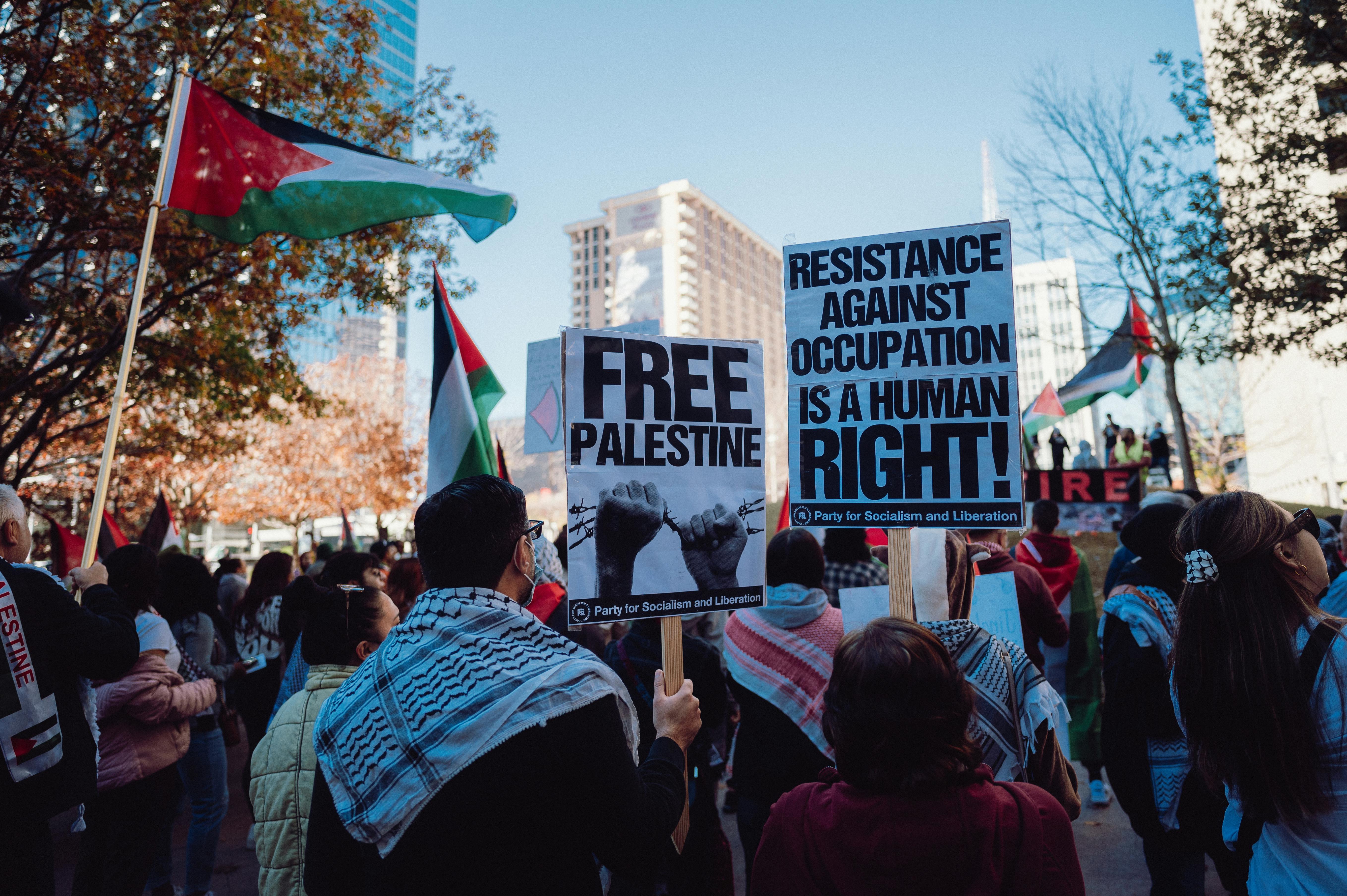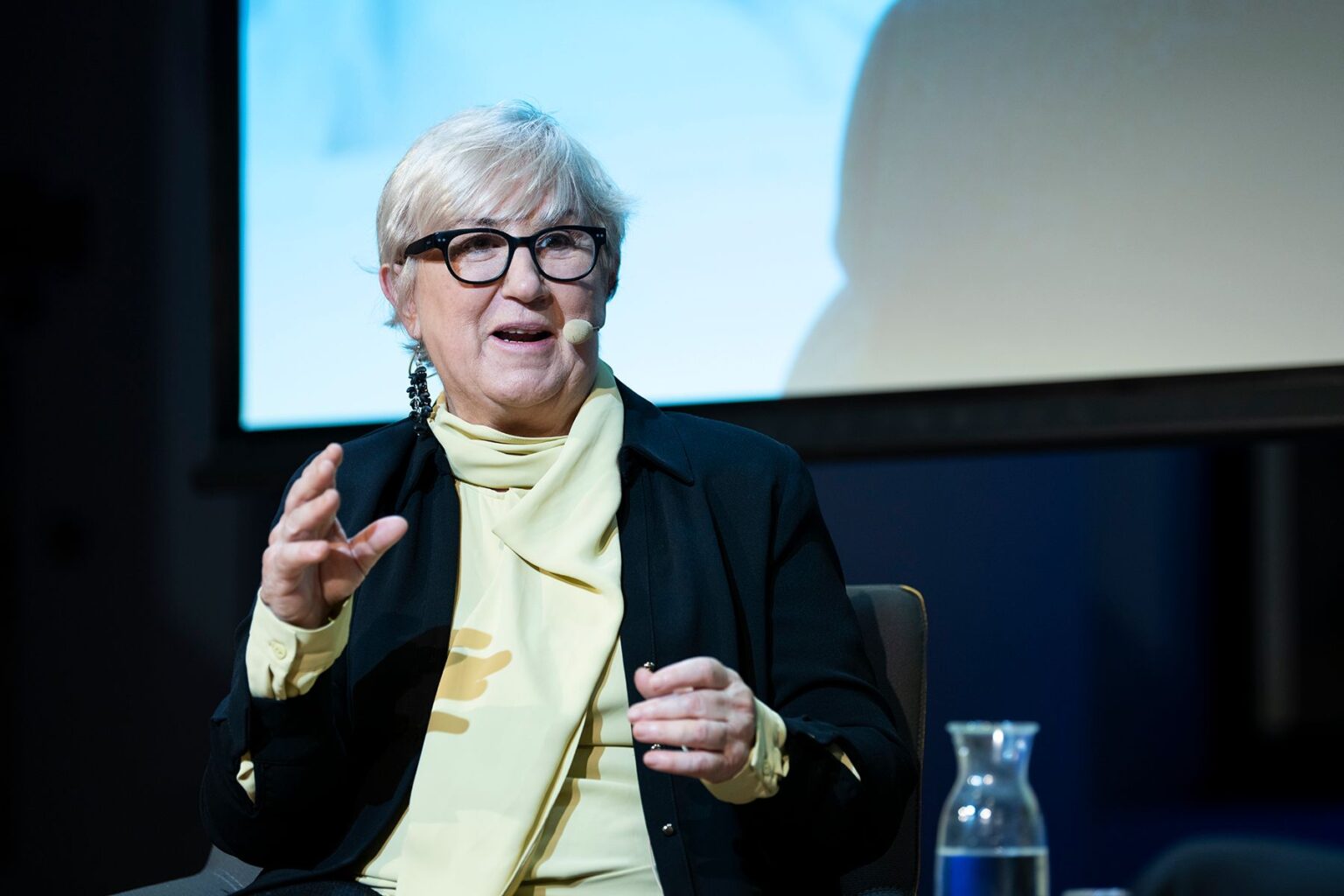"The army is clear on how to behave when it sees a guerrilla: kill them and make them disappear"
- Colombia has been in an intense armed conflict for almost 50 years, leaving alarming figures in all these years: four million internally displaced persons, 550,000 refugees, 90,000 dead and 7,000 political prisoners. Isabel Cristina Pardo is the coordinator of the Tolima region of the Comité de Solidaridad con los Presos Políticos (Committee of Solidarity with Political Prisoners) group.
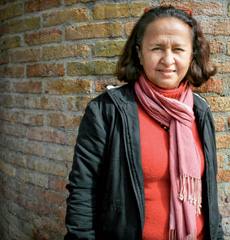
When was the commission created to show solidarity with political prisoners in Colombia?
The purpose of the association is to provide legal aid and solidarity to those who have been arrested and imprisoned under the charge of revolt. In addition, we accompany the relatives of the inmates in the process and we also make a public denunciation of the situation in which the inmates live.
The Commission was established in 1970. In Colombia we were living through difficult years, when the right-wing government of Turbay Ayala started a dirty war against all those who did not share its ideology. There was a lot of social movement and we were under tremendous repression from the government; there were disappearances and murders every day and a lot of people were arrested. In this context, a number of Colombian lawyers, intellectuals and politicians joined forces to provide solidarity and assistance to victims of State crimes. For example, the writer Gabriel García Márquez won the Nobel Prize and donated all the money he had won to the newly created commission so that lawyers could start working with political prisoners.
And what exactly does it do?
The aim is to provide legal aid and solidarity to those who have been arrested and imprisoned under the accusation of revolt. In addition, we accompany the relatives of the inmates in the process and we also make a public denunciation of the situation in which the inmates live. Most of the detainees are peasants who have not had the opportunity to study, so the guidance work with them is important so that they know their rights as prisoners. In recent years, however, it has become increasingly difficult for us to continue working under the Uribe Government.
So for you, are all those who have been imprisoned under the charge of revolt political prisoners?
Yes, the accusation of revolt in our country is imposed on anyone who works and fights against the politics of the State. Many of them are peasants who fight for respect for political and social rights in their regions through peaceful resistance. The guerrillas make up 50% of the political prisoners, approximately 3,500. As is well known, Colombia is in constant conflict and many guerrillas are arrested, but the army is clear about how to behave when it sees a guerrilla and it is normal to kill and eradicate it. Members of trade unions are also political prisoners, but they are more likely to obtain legal aid through trade unions.
Does the Colombian state differentiate between political and social prisoners?
Not officially, political prisoners are considered terrorists and criminals, they are not allowed political status in any way, but they are differentiated in their daily lives: they are constantly subjected to punishments that others do not suffer. Most political prisoners have been imprisoned for their ideology and their aim is to change their minds, but it is clear that they will not succeed by force. Political prisoners demand recognition of their political status and respect and guarantee of their rights as prisoners in prisons.
From the moment of their arrest, what are the violations of the rights suffered by political prisoners?
In Colombia, 80 per cent of the arrests are carried out by the National Army, but they are not entitled to do so, and they are carried out without a court order. They don't read your rights, we suffer torture, incommunication... All kinds of violence. That is, if you are arrested, because their order from above is to kill you directly if you see the guerrilla. Of course, it is illegal, but it is so in most cases. In prisons, psychological torture is common: insults, reduced visits or dispersal. They are taken to the most remote prisons in Colombia to avoid receiving family visits, since their relatives do not usually have money to travel.
And do these prisoners have the opportunity to organize themselves inside the prison?
At first the organization was terrible in the prisons; they gathered in the courtyards and organized protests to claim their rights. The guerrillas organized round tables on human rights, in which political and social prisoners participated and in which they transmitted their complaints to the officials. However, with Álvaro Uribe, the reduction has been total, the situation of the prisoners is worse than ever. Former leaders or prisoners with this profile are isolated for 24 hours and have devised other strategies to prevent any kind of organization from taking place.
How do the prisoners’ families experience all this?
It’s hard, 80% of political prisoners never receive visitors. On the one hand, because the prisoner chooses in this way, they move away to protect their relatives, so that they are also not subjected to threats and harassment. We offer psychological support and support. In addition, we have other projects. In my region, for example, we carry out so-called memory exercises with relatives of citizens and guerrillas who have been extrajudicially murdered. We accompany the prosecutors to request the opening of mass graves – the bodies of the murdered guerrillas are not handed over to their relatives, they are dumped in mass graves – and they accompany us in the identification or collection of the body. It is very important for family members to make a dignified burial and farewell.
In the opinion of the prisoners, what steps should be taken to advance the peace process in Colombia?
It is clear to them that the exchange between prisoners and hostages is not enough to end the conflict. They believe that there must be a profound change in government policy, a change that guarantees the basic needs of the people, services that are not provided now because of the state of war: education, health, respect for human rights... They say clearly that in our country there will always be conflict as long as the system does not change, they believe in the socialist state, it is very difficult, but they have faith that at some point we will all have equal rights.
There have been attempts at a peace process in Colombia, but they have always failed. Now it seems that the problem lies between the government and the FARC-EP... The latter, kept in the mountains, have indicated that they are increasingly far from the people, but that they currently have no opportunity to participate in the public and political life of Colombia and to present their State project. As such, it seems difficult to believe in peace processes.
Recently there have been elections to the Congress of the Republic in Colombia and the rightists have won again. How will it affect you?
It’s been amazing, they’re not right-wing, they’re ultra-right-wing! It is shameful to see all the politicians who have been tried for having anything to do with paramilitarism sitting in Congress again. What will the results lead to? More murders, more extrajudicial executions, threats, repression, harassment, militarization, arrests... I have always said that if things continue like this in my country, I will be killed or imprisoned. But I hope to be left alive, I could still fight as a political prisoner, but sadly not dead.
How do you dream of your country?
As activists and leftists, the path is clear: socialism. There is a need to create a new government that carries out political projects with and for the people. All human rights must be guaranteed, truth must be recognized, justice must be guaranteed, and equality must be guaranteed. It is sad, today Colombia is in the hands of five wealthy families, while the people survive in poverty and war.
Over and above the threats, you’ve chosen to keep fighting.
I have always believed that at some point things will have to change in Colombia, and as a human rights defender, I have always tried to work hard for this change, I will never stand still as long as things remain the same. This is a difficult time, but I am a leftist and a revolutionary, and therefore a dreamer. I bet on change through struggle. I didn’t want to come here [he’s been in Spain for months], I didn’t want to leave my country and the first days were tough. But the situation there is very difficult, the threats and the follow-up are constant, twelve members of the commission have already been killed. I have rejected the discourse “I am poor because God wants me to”, I have realized in life that struggle is the only way to change things, those of us who are convinced will always help to transform the situation. It is my job to believe in this change and to make others believe, because this is the first step towards change.
Until now we have believed that those in charge of copying books during the Middle Ages and before the printing press was opened were men, specifically monks of monasteries.
But a group of researchers from the University of Bergen, Norway, concludes that women also worked as... [+]
Florentzia, 1886. Carlo Collodi Le avventure de Pinocchio eleberri ezagunaren egileak zera idatzi zuen pizzari buruz: “Labean txigortutako ogi orea, gainean eskura dagoen edozer gauzaz egindako saltsa duena”. Pizza hark “zikinkeria konplexu tankera” zuela... [+]
Aposapo + Mäte + Daño Dolor
When: April 5th.
In which: In the Youth Center of Markina-Xemein.
---------------------------------------------------------
I’ve made my way to the cheese house with the shopping cart full of vegetables, and we’ve spent the evening cutting... [+]









